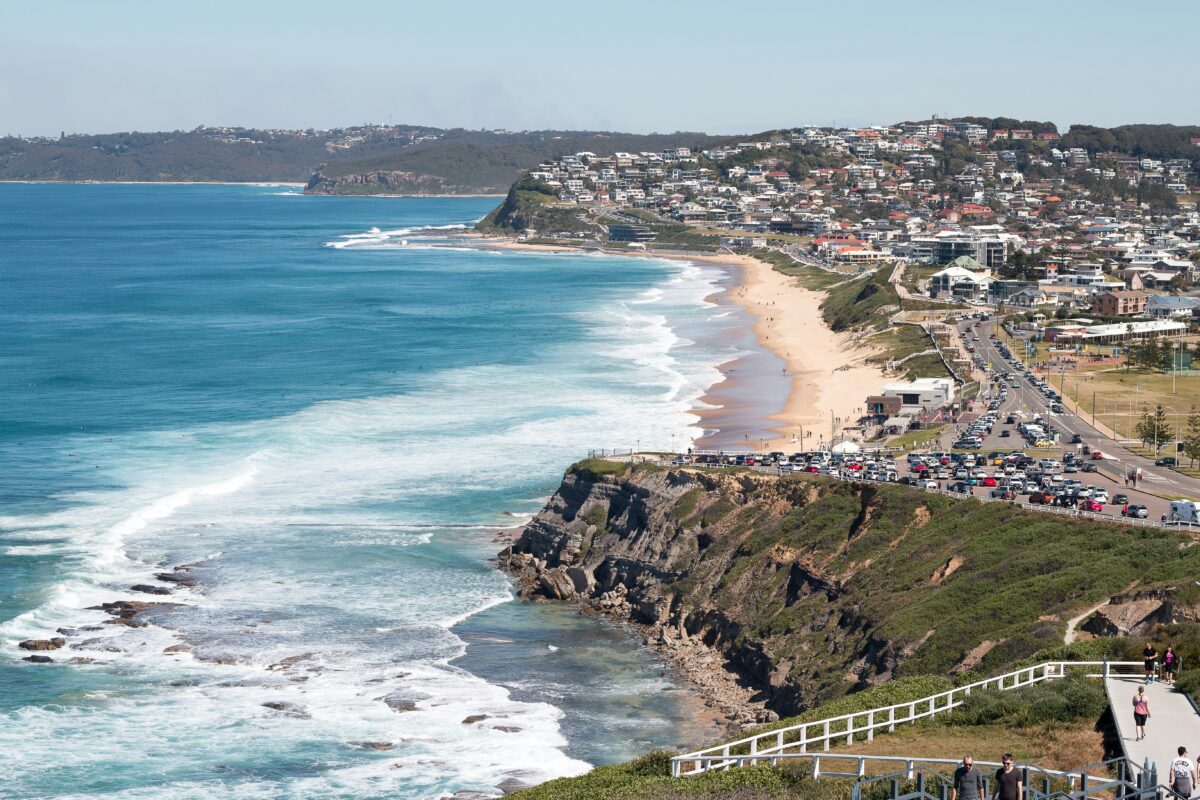The New South Wales (NSW) coastal city of Newcastle, located 170 kilometres north of Sydney, is introducing a ‘bulk buy’ community renewables program to supply and install affordable solar panels, batteries, electric vehicle charger solutions, delivery of low or no interest finance, and the capacity for joining a virtual power plant (VPP).
The move follows concerns within the city’s local council that a large proportion of the population are restricted from accessing and partaking in available solutions, due to the types of homes they live in or for socioeconomic reasons.
Taking a leaf from South Australian (SA) Adelaide suburb’s Mitcham Council, which introduced a community bulk buys renewables program in 2022, Newcastle wants to replicate Mitcham’s successful signing up to install rooftop solar, batteries and join a VPP of over 900 households.
City of Newcastle Executive Director Planning and Environment Michelle Bisson said the bulk buy scheme is the next initiative in the council’s Empowering Newcastle program, which is committed to supporting the local community in achieving net zero emissions by 2040.
“Almost half of Newcastle’s community emissions are from non-renewable electricity so increasing renewable energy uptake in households and businesses will lead to a significant reduction in emissions, while providing economic and social benefits,” Bisson said.
Despite being the first local government in NSW to use 100% renewable electricity for its operations, under 30% of residential buildings in Newcastle have solar, which is the lowest uptake of all councils in the NSW Hunter region and below the state average of 35%.
City of Newcastle Councillor Elizabeth Adamcyzk said people on lower incomes, whether renting, in strata, or owner-occupiers, are disproportionately affected by rising living costs, energy prices and extreme weather conditions like heat waves but have fewer choices to make the transition.
“This is our commitment to support our community to electrify for resilience to climate change, reduce electricity prices, and increase health by investigating options for power share schemes, virtual power plants, bulk buys, and community batteries, ensuring a just climate transition,” Adamcyzk said.
To date, council has installed 818 kW of solar and 326 kWh of battery storage at 13 sites across Newcastle, generating 1 GWh of renewable energy annually, installed 16 electric vehicle charging ports powered by renewable energy across four locations in the CBD, with more to follow, and introduced development controls that require new buildings to be EV-ready and electrified.
To power its own operations, Newcastle installed a 5 MW solar farm and entered into a renewable energy power purchase agreement with the 270 MW Sapphire wind farm in the New England region.
It electrified its vehicle fleet, plant and equipment, and introduced a hydrogen fuel cell electric waste collection truck trial.
Tenders to supply the ‘bulk buy’ community renewables program close 19 November 2024, with an aim to launch the program in the first half of 2025.
This content is protected by copyright and may not be reused. If you want to cooperate with us and would like to reuse some of our content, please contact: editors@pv-magazine.com.








By submitting this form you agree to pv magazine using your data for the purposes of publishing your comment.
Your personal data will only be disclosed or otherwise transmitted to third parties for the purposes of spam filtering or if this is necessary for technical maintenance of the website. Any other transfer to third parties will not take place unless this is justified on the basis of applicable data protection regulations or if pv magazine is legally obliged to do so.
You may revoke this consent at any time with effect for the future, in which case your personal data will be deleted immediately. Otherwise, your data will be deleted if pv magazine has processed your request or the purpose of data storage is fulfilled.
Further information on data privacy can be found in our Data Protection Policy.